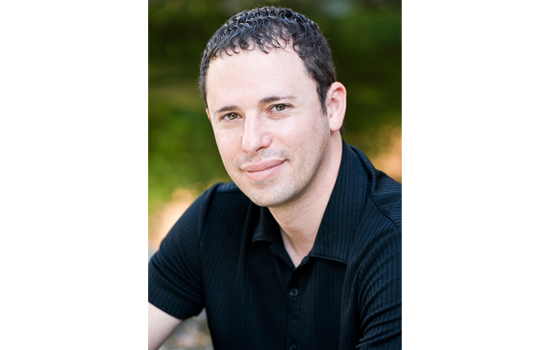RIT and Arizona State to Incorporate Ethics in Science and Engineering Education
Collaborative effort seeks to further subfield of sustainability ethics
Elizabeth Lamark
Evan Selinger
A new pilot project conducted by researchers at Rochester Institute of Technology and Arizona State University will create novel curricula and coursework in sustainability ethics for science and engineering graduate students.
The project, being funded by the National Science Foundation, will be integrated into several courses being taught at both schools and also support research by Ph.D. students in RIT and Arizona State’s doctoral programs in sustainability.
“The development of sustainability as a scientific and economic concept has led to numerous ethical questions about how the needs of our society can be maintained without unjustly impacting future generations,” notes Evan Selinger, associate professor of philosophy at RIT and one of the leaders of the research team. “These considerations are not limited to the standard questions, such as whether we should recycle. They also include inquiry into complex issues, such as what type of alternative energy is really best for the environment and will implementation of certain technologies, such as ethanol vehicles which have been shown to raise food prices, cause more harm than good.”
“Planners and social scientists refer to these questions as wicked problems because they have no easy answers due to incomplete data, contradictory information, mutually exclusive worldviews and changing requirements,” adds Brad Allenby, professor of civil, environmental and sustainable engineering at Arizona State. “By integrating sustainability ethics into science and engineering courses we can assist our next-generation of designers, technologists and policymakers in making better decisions related to these wicked problems and the impact those decisions have on society, the environment and the economy.”
Courses developed through the project will create a collaborative classroom setting that draws on science and engineering students’ predilection for experimental learning and teamwork to explore different ethical approaches to wicked problems in sustainability using a game-based, deliberative and participatory setting. Ultimately, the team hopes to link science and engineering graduate students on multiple campuses across the country using information-communication technology tools to create an intellectually diverse learning community studying in parallel.
“There are many researchers and students working on sustainability issues across the nation and the globe,” says Selinger. “This effort will foster better collaborations between groups and assist the development of standard sustainability ethics curricula across the disciplines.”













